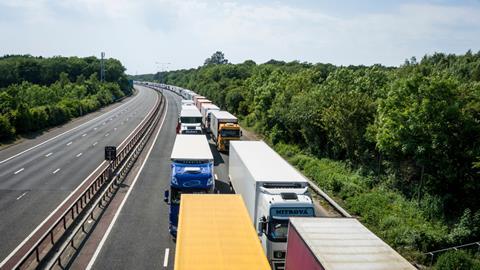With less than four weeks before the EU’s entry/exit scheme (EES) is introduced, Logistics UK has warned that a failure to adequately test the system could have implications for import trade.
Responding to reports that the EES may now be delayed past November, the business group said the situation was critical and the UK government must seek clarity from the European Commission about when the system will be implemented.
An EC spokesperson was quoted by the BBC as saying that the current deadline of 31 October remained, but added: “However, the implementation of a system like EES is a complex operation and delays cannot be completely excluded.”
Logistics UK’s head of trade and devolved policy, Nichola Mallon, said that despite the EC officially sticking to its end of October deadline: “No proper testing of the system at the Port of Dover has yet taken place, so this seems an ambitious target, to say the least.”
EES requires border checks in the form of biometric information for all non-EU nationals entering the EU, including those travelling from Britain.
Logistics UK said the Short Straits was a critical GB EU supply chain route and any congestion, or disruption at this border as passengers were processed would have a negative impact on GB exports to the EU, and also for imports.
It has already warned that in a worst case scenario, it could end up costing hauliers £1,100 per truck.
Mallon said: “The UK’s supply chain is reliant on the export and import of goods when they are needed - delays could have a significant impact on the availability of goods if an app-based solution is not implemented as part of the roll out of the EES system to take some pressure away from the border along this critical trading route.
“The availability of this app, and assurances that the IT system underpinning EES is tried, tested and robust, have to be key elements in determining EU member state readiness and the final go live date to ensure the continued flow of trade.”














